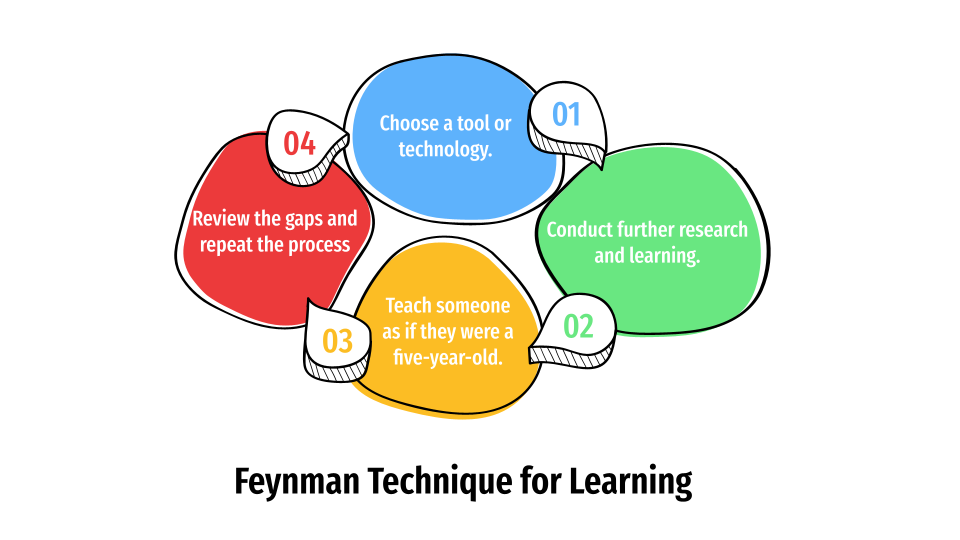You’ve most likely experienced it already: while reading your favorite book, playing your favorite video games, or other activities you enjoy such as cooking and sports. Time seems to fly past you, and everything around you suddenly isn’t important anymore. All you can think about and focus on is the activity at hand. Everything you do is effortless, almost automatic — like a well-oiled machine, designed to carry out and master the same task over and over again. Nothing can distract you from the complete immersion that you invest into these intrinsically rewarding activities, and you’re left feeling satisfied and accomplished.
This is what it feels like to be in a flow state.
What is Flow?
Flow, also known as being “in the zone”, is defined as a state of consciousness in which a person, performing some activity, is completely immersed in a feeling of focus, enjoyment, and motivation. Psychologist Mihály Csíkszentmihályi, one of the co-founders of positive psychology, was the first person to identify and research flow state. When one is in a flow state, they generally lose their sense of time, self-consciousness, and anything else that doesn’t pertain to the task at hand. Time isn’t important when you’re in flow because you feel as if you could do whatever you’re doing forever, without physical or mental exhaustion. A significant portion of your brainpower is being invested into simply completing the task, and it seems as if nothing can distract you and interrupt your flow.
Why Flow?
Flow state can be found in people from all areas. Whether it be the musician practicing the same 4 measures of music without mistakes, the artist as their brush dances across the canvas, or the basketball player consistently shooting perfect threes, the applications of flow state are endless. Flow state, as Mihály says, is the path to “optimal experience”. It rewards us for our mental engagement and attentional focus that we devote. Common benefits of flow state include:
● Higher productivity
● Increased satisfaction
● Heightened motivation
● Stabler emotional regulation
People who excel in various areas, including musicians, mountain climbers, surgeons, and chess players, have gotten to where they are now because they chose to pursue career paths that were challenging and rewarding for them. However, you don’t need to be the world’s greatest chess player or climb tall mountains to make the flow work for you: flow can be found in tasks as simple as reading or gardening. The key is finding an equally challenging and enjoyable activity for you. This will unlock the door to finding flow and immersion in your life, and use it to make experiences the best they can be.
Try It Yourself
Take a moment to think of an activity that you find challenging yet enjoyable. This could be anything like music, drawing, cooking, video games, or any sports you might play. Does your skill in that task allow you to consistently perform it with minimal interruptions? Now think back to the last time you participated in this activity and how you felt. Does the way that you felt appear similar to the description of flow from earlier? The next time you engage in this activity, reflect on how you felt immediately upon finishing and compare how you felt to how flow typically feels.







